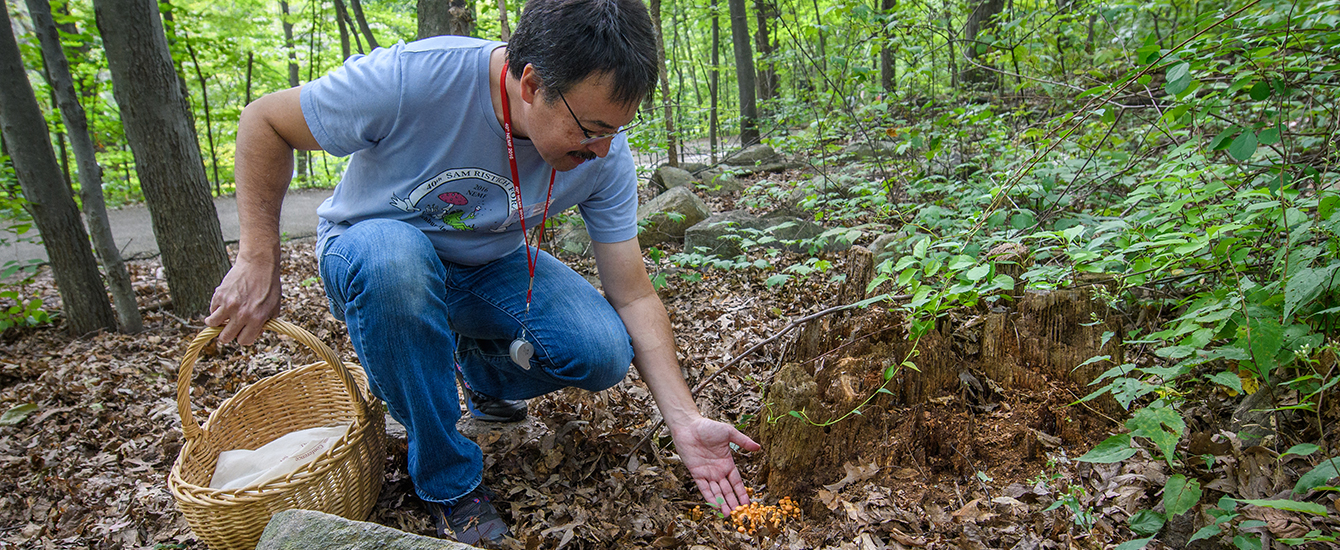Biology
Convergent body shapes have evolved via deterministic and historically contingent pathways in Lerista lizards
Document Type
Article
Abstract
Convergent evolution can occur through similar or different evolutionary pathways, which are the sequences of trait changes that led to convergent phenotypic endpoints. These evolutionary pathways may differ, owing to historically contingent events during the evolution of each lineage, or can arise deterministically due to similar histories of selection or evolutionary constraints. Thus, the relative contribution of determinism and contingency to the evolutionary history of convergent clades affects the evolutionary pathway that each has taken. We tested for morphological convergence in body elongation and limb reduction and the evolutionary pathways that gave rise to them in two major clades of Lerista, a species-rich genus of semi-fossorial lizards endemic to Australia. Our analyses showed strong evidence that the two clades evolved deterministically: both clades shared multiple convergent trait optima and similar patterns of integration of the hind limbs. However, the analyses also showed evidence of historical contingency because not all trait optima were realized by both clades, front limbs were not similarly integrated, and the body parts related by linear or threshold relationships differed between clades. Our findings suggest convergence occurs through deterministic pathways that are nevertheless contingent on historical events, and may have functional and ecological implications for convergent organisms.
Publication Title
Biological Journal of the Linnean Society
Publication Date
8-1-2017
Volume
121
Issue
4
First Page
858
Last Page
875
ISSN
0024-4066
DOI
10.1093/biolinnean/blx040
Keywords
evolutionary morphological thresholds, morphology, Phylomorphospace, trait evolution
Repository Citation
Morinaga, Gen and Bergmann, Philip J., "Convergent body shapes have evolved via deterministic and historically contingent pathways in Lerista lizards" (2017). Biology. 91.
https://commons.clarku.edu/faculty_biology/91
Cross Post Location
Student Publications



